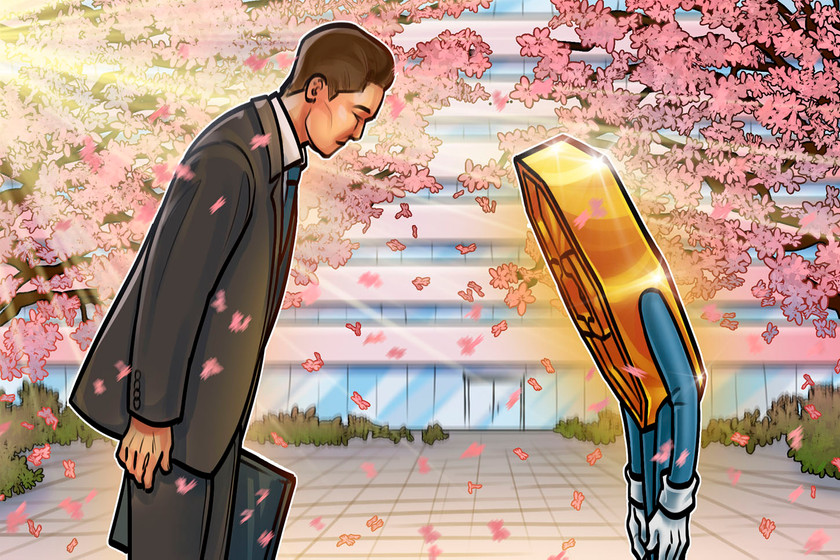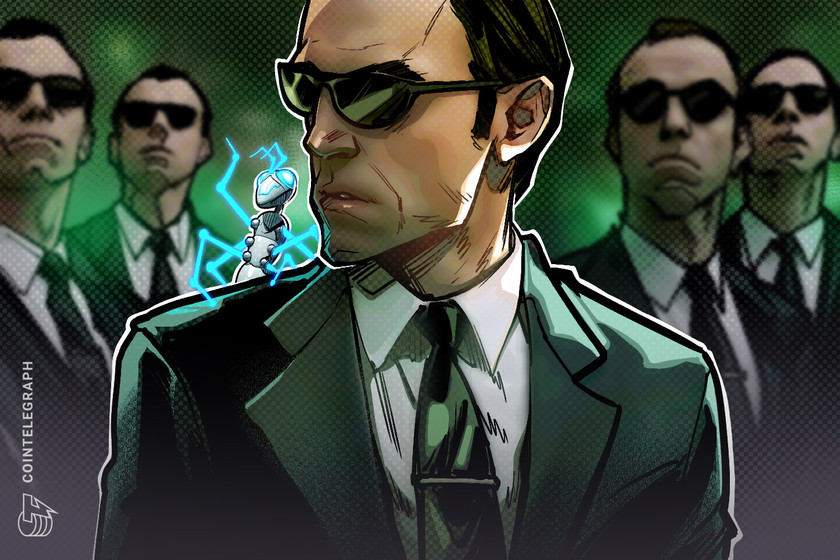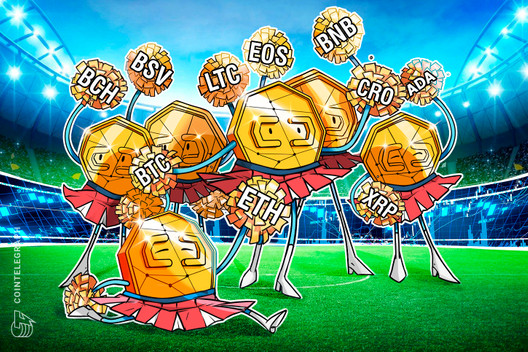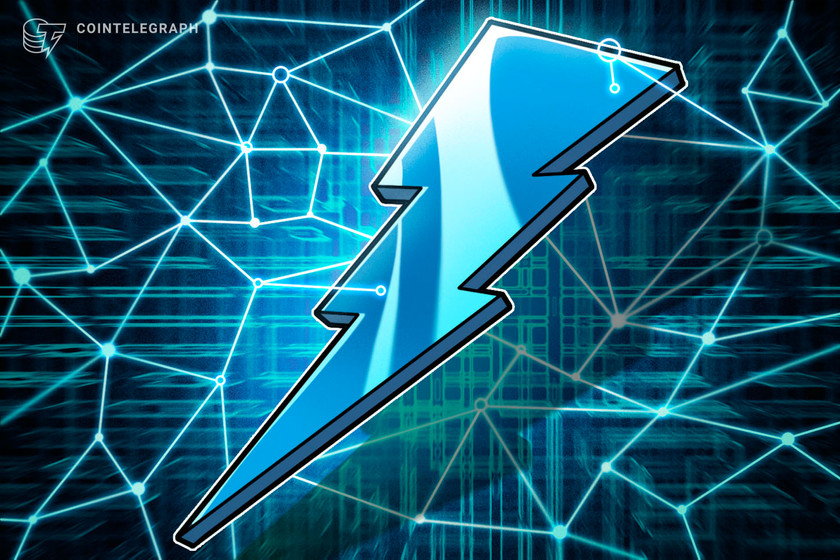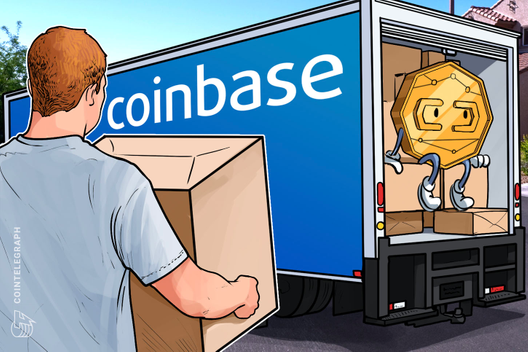Solana wallet fires up the grill to burn spam NFTs out of existence
The Phantom wallet app has launched a new Burn Token feature, allowing users to remove spam NFTs sent by scammers.
436 Total views
23 Total shares

Solana-based wallet provider Phantom has launched a new burn feature allowing users to remove spam non-fungible tokens (NFTs) sent by scammers.
According to an Aug. 18 blog post from the Phantom team, the new feature is accessible via the Burn Token tab in the Phantom wallet app, allowing users to receive a minuscule deposit of Solana (SOL) each time they use it.
“We’re still in the Wild West days of Web3. As the crypto ecosystem grows, so have the number of bad actors looking for ways to steal user’s funds. The rapid growth in popularity of NFTs has led to an increasingly prevalent method of attack for scammers – Spam NFTs.”
Phantom noted that the issue has been particularly prevalent on Solana due to its low transaction fees, with bad actors often airdropping supposedly free NFTs en masse which contain malicious links.
Spam NFT generally prompt the receiver to click a link to mint a free NFT, however, if they complete the process, their funds end up being drained from their wallet. Alternatively, the link will ask the receiver to input their seed phrase, resulting in the same outcome.
“These scams are becoming increasingly more sophisticated. For instance, after a contract address and domain are identified as malicious, scammers can change the metadata of an NFT to try to avoid being blocklisted. It can feel like an endless game of whack-a-mole,” the blog post read.
The move is part of a broader initiative by Phantom to counter spam NFTs and bad actors in the space. The team stated that it also fights scammers through its phishing warning system, which issues warning to users on “any malicious transactions that could compromise their assets or permissions” after clicking on dubious links.
5/ While we’re introducing NFT burning and improved phishing alerts today, we’re not stopping there. Users can look forward to more automated spam detection in the future.
To read more about how we’re fighting wallet spam, check out our latest blog post:https://t.co/OZYOEvVIFH
— Phantom (@phantom) August 17, 2022
The post added that Phantom is currently collaborating with Blowfish to improve how “we alert users to phishing attempts.”
“While we’re introducing NFT Burning today, we’re not stopping there. Users can look forward to more automated spam detection in the future. Using providers like SimpleHash and our own internal reporting, we will be able to gauge if an NFT is likely to be spam,” the post read.
Related: Crypto spam increases 4,000% in two years — LunarCrush
Phantom is one of the most popular wallet providers for Solana-based NFTs and decentralized fiance (DeFi), with more than 2 million monthly active users according to the firm.
At the start of August competing wallet firm Slope suffered a security exploit which saw an estimated $8 million worth of funds drained on the Solana blockchain.
In a post mortem analysis, Solana’s head of communications Austin Fedora found that 60% of the victims of the attack were Phantom users, despite the issue originating from Slope.
Solana hosted the second largest amount of NFT sales volume in July at $56.1 million, behind only Ethereum which posted a whopping $535.6 million according to data from CryptoSlam.


